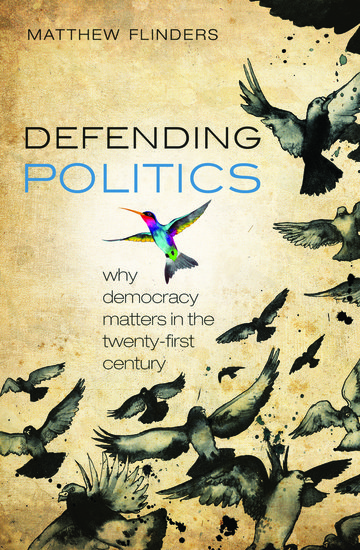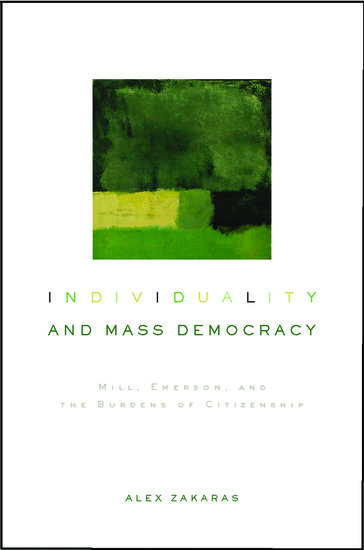Democratic Realism
By Matthew Flinders
Politics is messy. Period. It revolves around squeezing collective decisions out of a multitude of competing interests, demands, and opinions. In this regard democratic politics is, as Gerry Stoker has argued, “almost destined to disappoint.” And yet instead of simply defining Obamacare as a good illustration of what is wrong with democracy in the United States it’s possible to reject ‘the politics of pessimism’ that seems to surround contemporary politics and instead see the splendor and triumph of what Obama has achieved.


